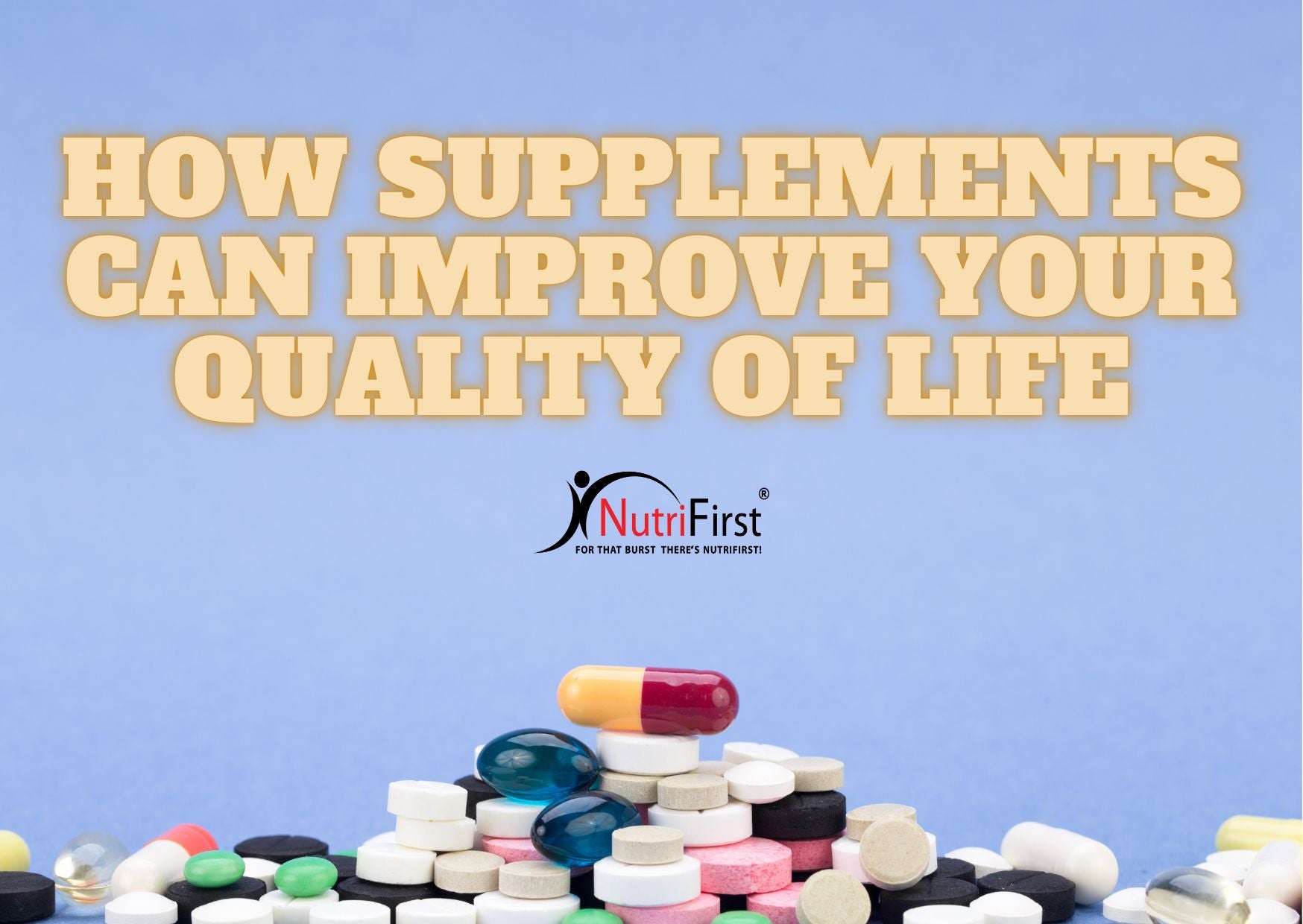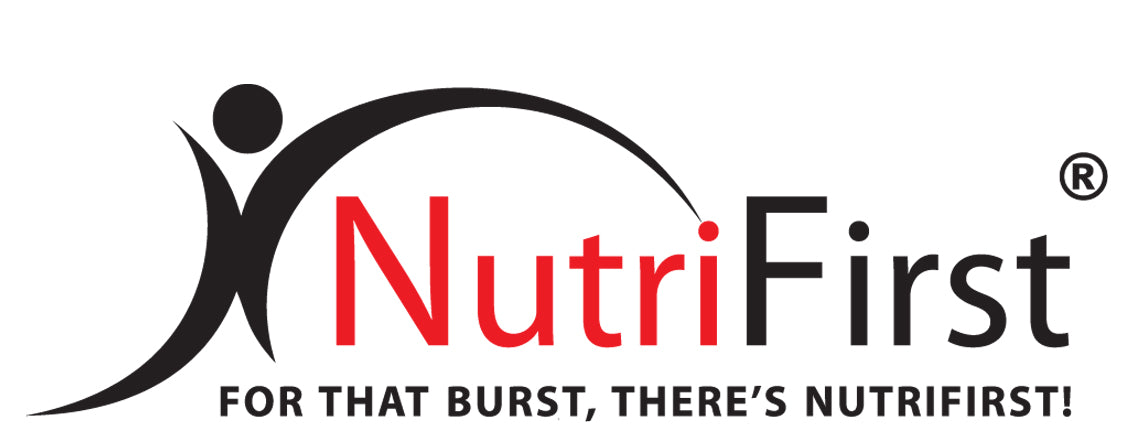
How Supplements Can Improve Your Quality of Life
Most people are familiar with the term “supplement”, but few know what they really entail. A supplement is simply a form of nutrition that’s not found in food. They are generally sold in pill or powder form, and are meant to replace missing nutrients in your diet. Vitamins and minerals are examples of common supplements. There are a huge variety of supplements on the market today, each with its own specific benefits. In this article, we’ll explore some of the most popular supplements on the market, their various benefits, and how to get the most out of them.
Fish Oils: Omega-3 fatty acids are important dietary fats that have been shown to have many health benefits. These beneficial compounds are usually found primarily in fish, shellfish, and certain vegetable oils. However, many people do not consume enough of these healthy fats in their diet. Supplementing with fish oil is a quick and easy way to get a dose of these essential fats, without having to incorporate them into your diet. Omega-3’s are anti-inflammatory in nature and can help fight several diseases and disorders including heart disease, arthritis, diabetes, and dementia. Studies have even shown that they can reduce the risk of certain types of cancer! Fish oils are one of the most popular supplements on the market today and are widely available in many different forms.
Vitamin C: Ascorbic acid is a form of vitamin C that helps the body develop and maintain healthy connective tissues and bones. It is also an important antioxidant that helps protect cells from damage by free radicals. Since our bodies don’t produce this nutrient naturally, we must rely on our diet for a source of vitamin C. Unfortunately, most people do not meet the recommended daily requirement for vitamin C, which is around 75 mg for men and 90 mg for women. Taking supplemental vitamin C is a great way to meet your daily needs and help reduce the risk of developing certain diseases. It is also believed to help speed up wound healing and promote overall health and longevity.
Vitamin B-12: Cobalamin is a water-soluble vitamin that’s essential for many bodily functions, such as the production of red blood cells and proper functioning of the brain and nervous system. It is stored in the liver and therefore becomes harder to obtain with age. For these reasons, it’s often recommended that people take vitamin B-12 supplements if they think they might not be getting enough through their diet. It has been shown to promote energy metabolism and heart health, as well as help treat and prevent anemia.
Probiotics: A probiotic is a type of "good" bacteria that can be found in many foods, including yogurt, sauerkraut, and pickles. They play an important role in digestion by helping to break down food and boost your immune system. Having a healthy balance of “good” bacteria in your system is essential for overall wellness and can prevent you from getting sick. If you suffer from chronic gastrointestinal problems or digestive problems like diarrhea, taking a probiotic supplement might be just what you need to feel better. Try eating more fermented foods and beverages, such as kombucha and kimchi, to add more probiotics to your diet.
Calcium: This is the most abundant mineral in the body and plays a role in bone formation and maintenance of normal muscle function. Calcium is also needed for nerve impulse transmission and muscle contractions. Getting enough calcium in your diet can help prevent osteoporosis and improve your muscle strength and bone density. Most people get enough calcium from dairy sources, but vegetarians may need to take a supplement to meet their needs.
Research has shown that increasing your intake of vitamins B, C, D and E can help protect you from chronic diseases like heart disease, cancer, and diabetes. Some studies have also shown that adding vitamin D and calcium to your diet may lower your risk of developing rheumatoid arthritis. Talk to your doctor about whether a multivitamin could help you stay healthy.
